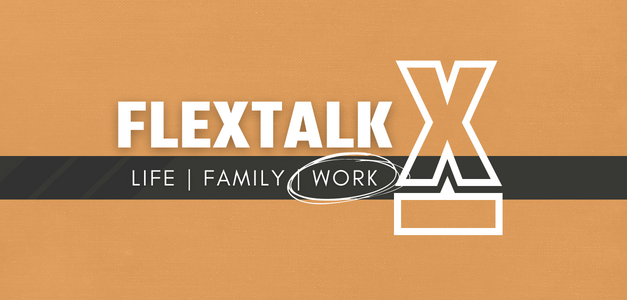Healthcare careers have never been more vital. The industry is growing rapidly, fueled by rising healthcare needs globally. For aspiring medical professionals, understanding the path to a fulfilling healthcare career is crucial. Here’s what you need to know about preparing for a career in healthcare, one of the most impactful modern fields.
Exploring Healthcare Professions
Healthcare offers a wide range of career options, from clinical roles like nurses and physicians to non-clinical roles like healthcare administrators and medical coders. Each profession helps ensure patient care and operational success. Whether your interest lies in patient interaction or behind-the-scenes management, you can find a career to match your skills and goals.
Education and Certification Requirements
Most healthcare careers require specific educational paths and certifications. For example, registered nurses often need a bachelor’s degree in nursing, followed by state licensure.
Physicians require advanced medical degrees and residency training. Other careers, such as medical assistants or phlebotomists, may require short-term certification programs. Understanding the qualifications for your chosen role is the first step to starting your journey into healthcare.
Choosing the Right Healthcare Path
When deciding on a career, align your interests and long-term goals with the role’s requirements and responsibilities. Take time to explore different positions, shadow professionals, and consider the daily tasks associated with the roles. Understanding both the challenges and rewards of a career in healthcare will help you make the right choice.
Job Market and Future Growth
The healthcare industry shows no signs of slowing down. Aging populations and advancements in medical technology drive consistent demand for skilled workers.
Careers in nursing, physical therapy, and healthcare IT show particularly strong growth potential. Aspiring professionals can have confidence in the industry’s stability and opportunities for career progression.
The Importance of Continuous Learning
Healthcare is an evolving field, with new techniques, treatments, and technologies emerging frequently. Different healthcare fields have different standards, such as the unique OSHA safety concerns in medical offices.
Staying up to date with the latest guidelines and standards is essential to maintaining high standards of care. Professionals frequently attend workshops, earn advanced certifications, and participate in ongoing education to remain competitive and effective in their roles.
Take the First Step Toward a Rewarding Career
A career in healthcare is challenging yet deeply rewarding. It requires dedication, continuous effort, and a commitment to learning. For those ready to take the leap, now is the time to explore education programs, connect with mentors, and plan for a future in this critical field. Remember these basics of what to know before starting in the world of healthcare and take the leap into the proper training and studies for your field.
- What inspired you to consider a career in healthcare, and what steps have you taken so far to pursue it?
- What qualities do you think are most important for success in the healthcare field?
- How do you plan to keep up with the fast-paced advancements in healthcare technology and practices?
- What area of healthcare are you most passionate about, and why does it resonate with you?
- How do you plan to balance the demands of a healthcare career with self-care and maintain a healthy work-life balance?


